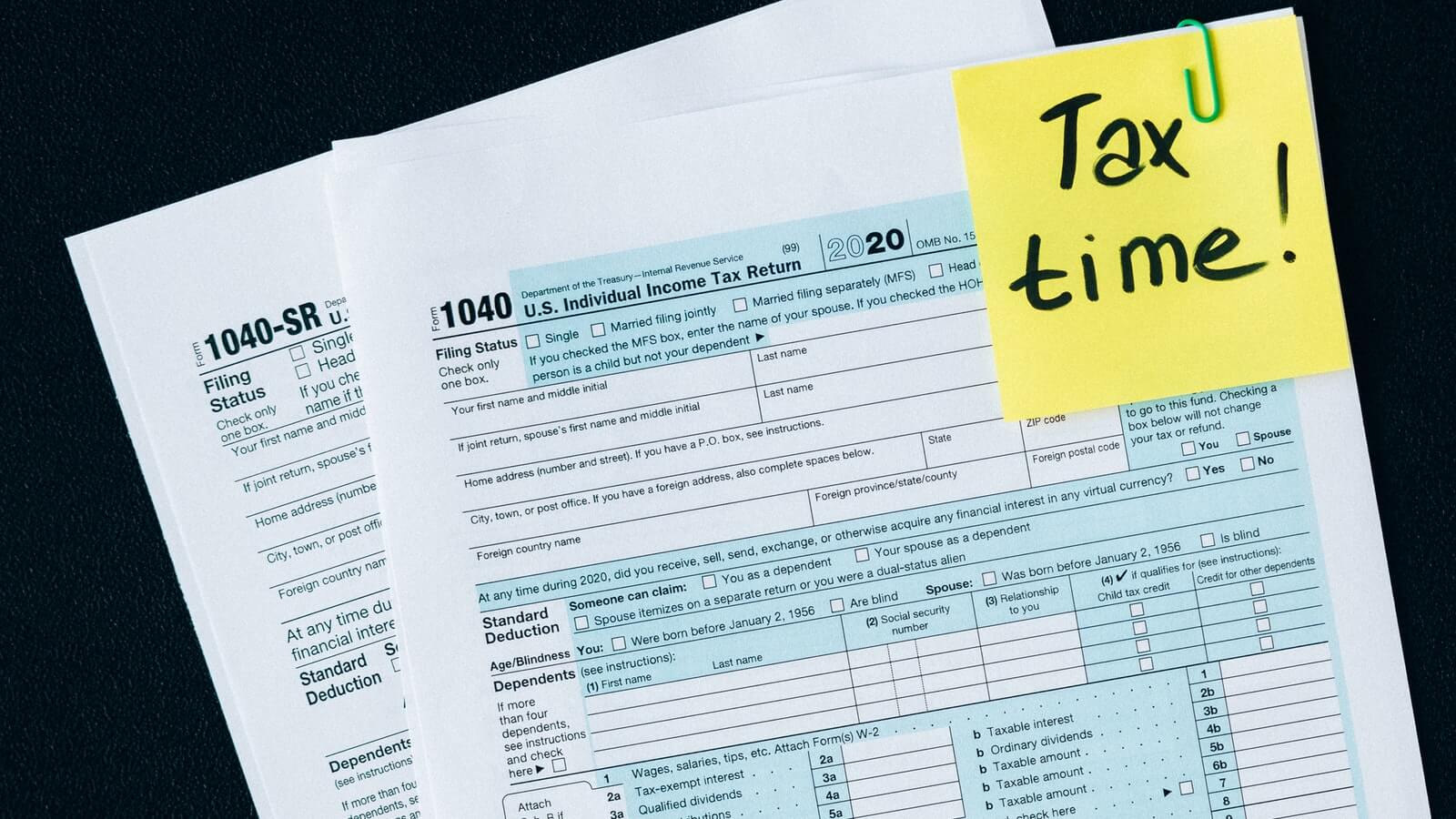There are a few instances where you should file a tax return even if you’re not required to file.
This is a question many taxpayers ask during this time of year, and the question is far more complicated than people believe.
To fully understand, we need to consider that there are times when individuals are required to file a tax return, and then there are times when individuals benefit from filing a return even if they are not required to file.
When individuals are required to file
- When your income exceeds their filing threshold, as shown in the table below. The filing thresholds generally are the same amount as the standard deduction for individuals.
- When you have net self-employment income in excess of $400, since they are required to file self-employment taxes when their net self-employment income exceeds $400.
- When you’re required to repay a credit or benefit. For example, taxpayers who underestimated their income when signing up for health insurance through a government Marketplace and received a higher Advance Premium Tax Credit (APTC) than they were entitled to, are required to repay part of it. Therefore, all individuals who received an APTC must file a return to reconcile the advance payments with the actual credit amount, even if their income is less than the filing threshold amount and even if they don’t need to repay any of the advance credit.
- When you owe a penalty, even though your income is below the filing threshold. This can occur, for example, when a taxpayer has an IRA 6 percent penalty early withdrawal penalty or the 50 percent penalty for not taking a required IRA distribution.
2023 tax year filing thresholds
If you make any of these amounts or more, depending on your age and filing status, then you're required to file your 2021 tax return.
| Filing status | Age | Threshold |
| Single |
Under 65 65 or older |
$12,950 $14,700 |
| Married filing jointly |
Both spouses under 65 One spouse 65 or older Both spouses 65 or older |
$25,900 $27,300 $28,700 |
| Married filing separate | Any age | $5 |
| Head of household |
Under 65 65 or older |
$19,400 $21,150 |
| Qualifying widow(er) with dependent child |
Under 65 65 or older |
$25,900 $27,300 |
When it is beneficial for individuals to file
There are a number of benefits available when filing a tax return that can produce refunds even for a taxpayer who is not required to file. You might qualify for these if you file:
- Withholding refund: A substantial number of taxpayers fail to file their return even when the tax they owe is less than their prepayments, such as payroll withholding, estimates, or a prior overpayment. The only way to recover the excess is to file a return.
- Earned Income Tax Credit (EITC): If you worked and did not make a lot of money, you may qualify for the EITC. The EITC is a refundable tax credit, which means you could qualify for a tax refund. The refund could be as high as several thousand dollars even when you are not required to file.
- American Opportunity Credit: The maximum for this credit for college tuition paid per student is $2,500, and the first four years of postsecondary education qualify. Up to 40 percent of the credit is refundable when you have no tax liability, even if you are not required to file.
- Premium Tax Credit: Lower-income families are entitled to a refundable tax credit to supplement the cost of health insurance purchased through a government Marketplace. To the extent the credit is greater than the supplement provided by the Marketplace, it is refundable even if there is no other reason to file.
Don’t procrastinate
There is a three-year statute of limitations on refunds, and after it runs out, any refund due is forfeited. The statute is three years from the due date of the tax return. So, the refund period for 2023 returns, which were due April 2024, expires April 15, 2027.
The bottom line
Not every taxpayer is required to file a tax return. However, it’s often best to do so anyway because you may qualify for a tax refund.
You’re required to file a tax return if you meet certain thresholds depending on your filing status. If you want a chance at receiving a possible refund, you must do it within three years of the return’s due date.
Need assistance filing your individual or business tax return? Contact a DiMercurio Advisors team member today.







